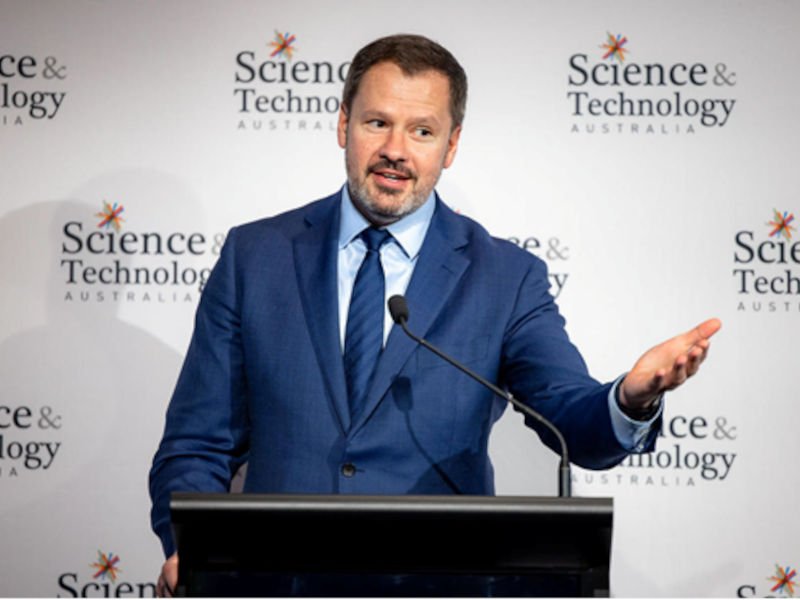Industry and Science minister Ed Husic has set the hares running on the issue of sovereign capability, local research, and the need to retain intellectual property in Australia in areas of strategic national importance.
In interviews over the weekend, Mr Husic raised the alarm about international collaborations between Australian universities and large, foreign tech companies.
Specifically, he wanted details about the intellectual property arrangements of a partnership between four universities and Google’s new Quantum Artificial Intelligence Lab, and assurances that IP would be retained in Australia.
The minister has contacted the universities, seeking line-of-sight visibility of the arrangements to make sure the universities are not giving too much away, and that IP-generating research performed here should remain here.
It is understood Mr Husic has had similar conversations with the national science agency CSIRO.

In key emerging technologies where Australia has substantial research expertise – specifically in AI and quantum computing – Mr Husic says he wants to send a signal.
Australia’s research expertise in these areas comes on the back of decades of public investment, and the public expects government to ensure that the economic benefits of those investments are not shipped offshore.
“When you’re a new government, you have the ability to send those kinds of signals early,” Mr Husic told InnovationAus.com.
“While international collaboration is great, it has to be on the basis that as we are building sovereign capability, that we’re not seeing the IP and the know-how being sucked out of the country, and that we – as a nation – are left with very little to show for it,” he said.
The ministerial push-back will cause likely heart palpitations, not only among the foreign companies and the universities they are working with, but with the technology and investment communities more broadly.
Australia is deeply reliant on offshore tech. We also rely on foreign investment. And we want our home-grown tech companies to be producing products and services that can be readily sold into foreign markets – the US prime among them.
But Mr Husic says the issue of sovereign capability and the treatment of IP needs to be a part of a national conversation. That includes deciding what are the critical technologies that should be retained for development in Australia in the national interest, and what are the measures that government can take that encourages them to remain here.
The government has already flagged making capital available through the National Reconstruction Fund – and its critical technologies sub-fund – to keep companies and IP in Australia. Government procurement reform is another.
“We are making sure that we’re working with superannuation and with VC’s to team up [with NRF funds] and make the capital available, and making sure that we are sending an overall signal to the community and to other businesses that this is really important technology.”
“In terms of the broader issues of critical technologies and what’s seen as strategic and how we hold on to it, that’s another question that I am pondering,” Mr Husic said.
“[I am looking at] what we can do to make sure that we hold on to technology that is vital to the nation’s long-term interest – both to the economy and to national security.”
Seeking to identify research and technology of national importance in order to extract maximum economic and strategic value is hardly novel, but Ed Husic’s early emphasis is telling.
“The US also takes some fairly forward-leaning views about how technology is developed and what technology gets exported and what doesn’t.
“So I think the US would understand – and our other partners – would understand if we adopted an attitude that looked at doing whatever we can to retain Australian-generated IP as much as possible onshore.”
Do you know more? Contact James Riley via Email.

